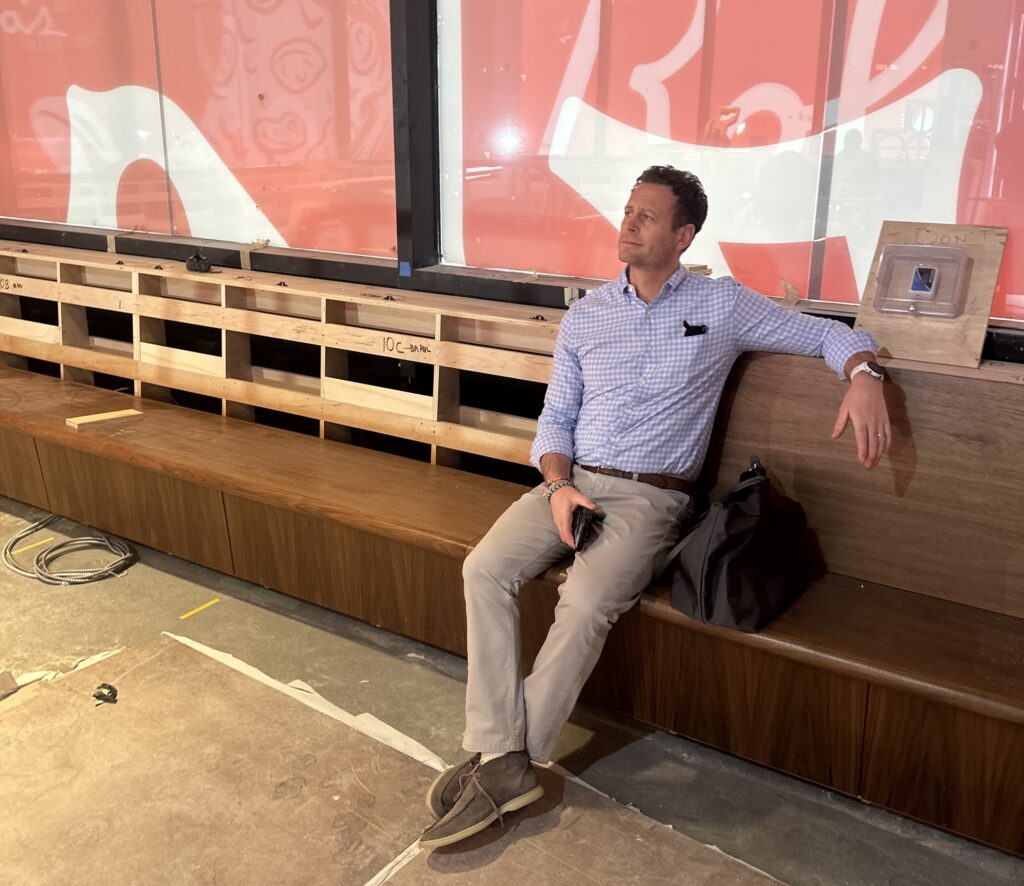What is an Owner’s Representative?
An owner’s representative (often called an “owner’s rep”) is a construction professional who acts on behalf of the project owner to oversee and manage a construction project. Think of them as your right-hand person who looks out for your interests at every step – from planning and design through construction and closeout. Unlike a general contractor (who works for you but is focused on building the project) or the architect (who designs and may periodically inspect), the owner’s rep’s sole job is to represent the owner’s interests in all aspects of the project. They coordinate between the design team, contractors, and various stakeholders to ensure the project stays on schedule, on budget, and meets the required quality standards.
What Do They Do? An owner’s representative can wear many hats:
- Project Manager: They create and monitor schedules, budgets, and deliverables. They’ll set up regular meetings, keep track of progress, and push the team to stay on target.
- Advisor and Translator: Construction can be technical. An owner’s rep helps translate the jargon. They advise on permits (for example, guiding you through DOB filings), procurement of contractors or materials, and any major decisions. They can also coordinate with expediters or navigate city agencies on your behalf.
- Quality Control: Owner’s reps often attend site meetings and inspections, keeping an eye on workmanship. If something isn’t up to snuff or deviates from the plan, they flag it early.
- Change Order Gatekeeper: If the contractor proposes a change order (which could increase cost or time), the owner’s rep reviews it critically – is it necessary? Is the price fair? They negotiate to protect you from unwarranted extras.
- Paperwork and Closeout: They help ensure all documentation is in order – contracts, insurance, lien waivers, permits, and eventually, the closing of permits and obtaining the Certificate of Occupancy or final sign-offs.
In short, an owner’s rep is like your personal project concierge. They handle day-to-day headaches so you don’t have to, and they bring expertise to anticipate issues before they become costly problems.
When Are They Essential?
Not every project needs an owner’s rep, but they are incredibly valuable in certain scenarios:
- Large or Complex Projects: If you’re doing a gut-renovation of a multi-story building, new construction, or anything with complexity (multiple contractors, technical systems, etc.), an owner’s rep can keep the moving parts coordinated.
- If You Lack Construction Experience: Many business owners aren’t construction experts – and that’s okay. Hiring an owner’s rep ensures someone knowledgeable is actively managing the project. This is especially useful if you can’t be on site frequently or don’t understand the permitting labyrinth (like NYC DOB, Fire Department, Health Department for restaurants, etc.).
- Projects with Multiple Stakeholders or Agencies: Opening a new restaurant, for instance, involves the DOB for build-out permits, the Health Department for kitchen and food service permits, possibly Landmarks Commission if the building is historic, and so on. An owner’s rep can juggle these interactions and keep everyone on the same page.
- Tight Schedules: If you have a firm deadline (say a lease start, or a school opening in the fall), an owner’s rep is laser-focused on schedule and can help fast-track decisions, push the contractor, and line up inspectors to meet your timeline.
- High Budget (or High Risk) Projects: The larger the budget, the more is at stake from delays or mistakes. An owner’s rep’s fee often pays for itself by preventing costly overruns. They add a layer of accountability for contractors, who know someone is scrutinizing their work closely.
For smaller, straightforward jobs (like a minor office renovation in a single room), you might not need an owner’s rep if you trust your contractor and architect. But for many NYC projects, even a modest renovation can become complicated by permit requirements and coordination issues – so having an expert on your side is invaluable.
Benefits vs. Cost
Owner’s reps charge a fee (could be a flat fee, monthly retainer, or percentage of project cost). While it’s an added cost, consider the benefits:
- Time Savings: They handle issues so you can focus on running your business.
- Money Savings: They can prevent mistakes or delays that might cost far more than their fee. For example, catching an error in the plans before it’s built, or ensuring a change uses a more cost-effective solution.
- Peace of Mind: You have a seasoned professional looking out for you. This reduces stress, especially in NYC where dealing with building regulations can be a full-time job in itself.
- Better Outcomes: Projects managed with an owner’s rep often finish closer to the original schedule and budget. You’re less likely to have “surprises” at the end (like unresolved permits or missing approvals) because the owner’s rep stays on top of those throughout.
How to Choose One
Selecting the right owner’s representative is crucial. Here are some tips:
- Experience in Your Project Type: If you’re building a restaurant, find someone who’s opened restaurants in NYC before. Experience with similar projects means they’ll know the pitfalls (e.g., ventilation requirements, health inspections, etc.). If you’re renovating an office, someone with commercial interiors experience is ideal.
- Knowledge of NYC Processes: Make sure they have NYC-specific expertise – familiarity with DOB filings, landmark rules if applicable, local contractors, and neighborhood considerations. An owner’s rep who regularly works in NYC will know how to navigate the Department of Buildings, which can be a bureaucratic maze.
- References and Track Record: Ask for references from past clients. Did the project go smoothly? Was the owner’s rep proactive and communicative? You want someone with a reputation for honesty and effectiveness.
- Communication Style: You’ll be working closely with each other. During initial meetings, see if they communicate clearly and are responsive. A good owner’s rep should be a great communicator – translating technical stuff into layman’s terms and keeping you updated.
- Team and Resources: Some owner’s reps are solo practitioners; others are firms. A firm might offer a team with varied expertise (one person might focus on cost estimating, another on field visits). Solo reps can be very hands-on but make sure they aren’t juggling too many projects at once.
Bottom Line
If your project is anything more than a simple cosmetic update, consider bringing an owner’s representative on board. They act as your advocate and expert, greatly increasing the chance that your project will finish on time, on budget, and without regulatory hiccups. In the high-stakes NYC construction environment, an owner’s rep is often the unsung hero who keeps everything running smoothly for the owner. Looking for expert insight on your next build? Contact us to start the conversation.



